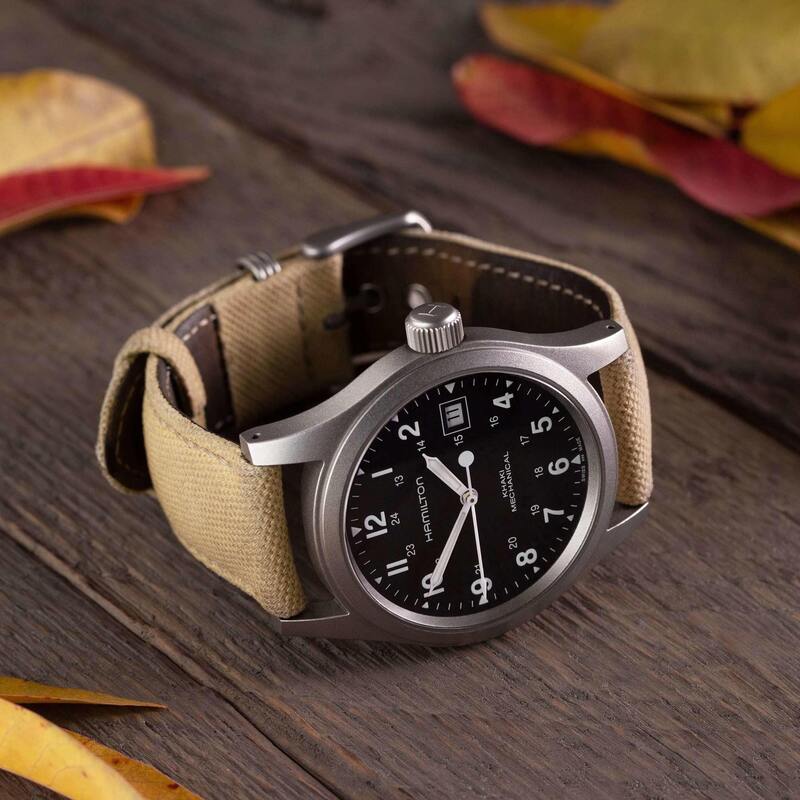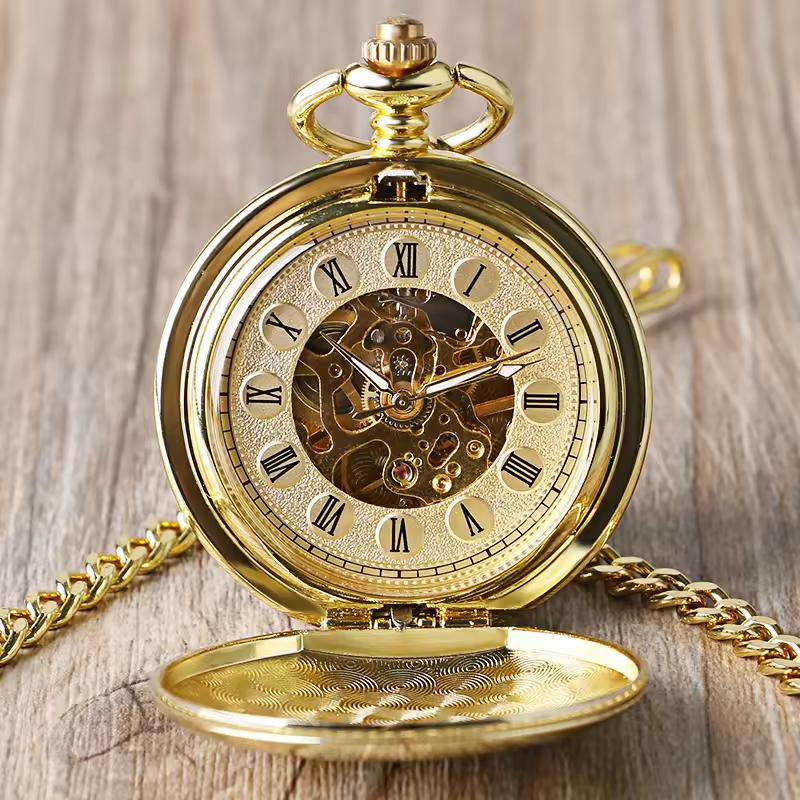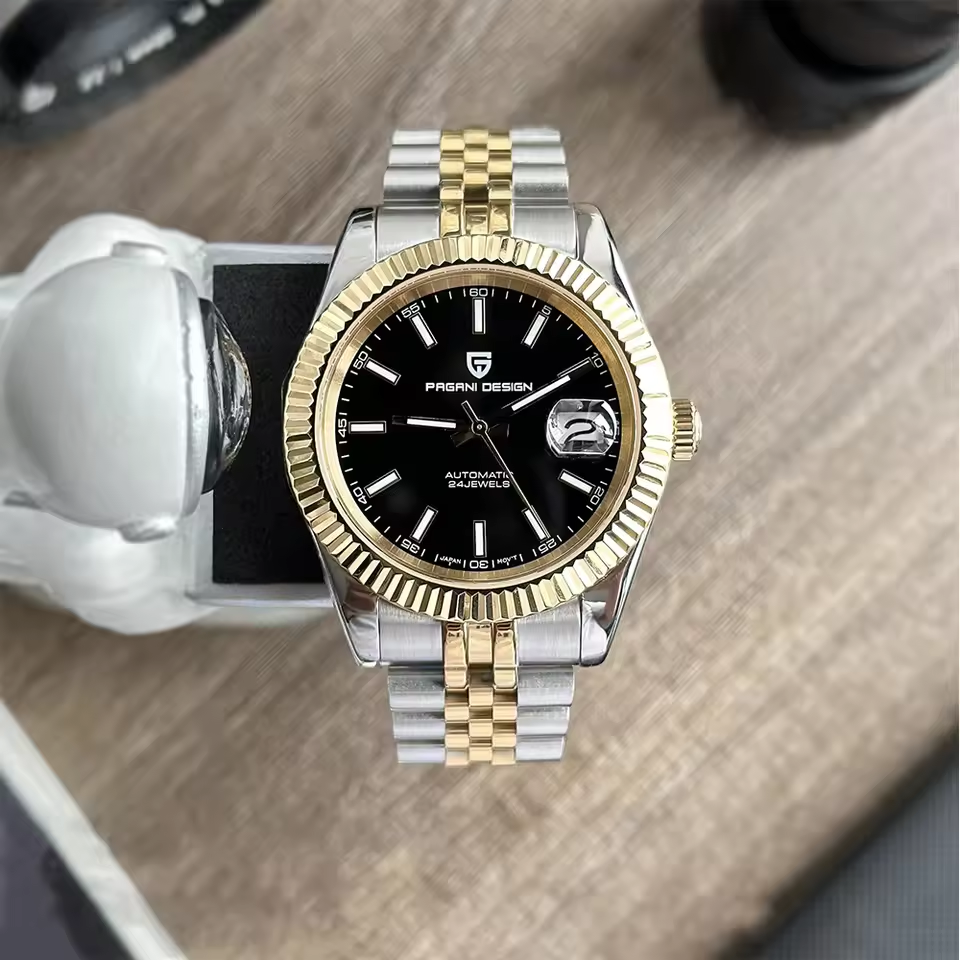Introduction: The Charm of Small Mechanical Watches
A small mechanical watch is more than just a timepiece; it embodies precision, craftsmanship, and style. These watches are powered by intricate movements of gears and springs, operating without the need for batteries. The fine mechanics involved in a mechanical watch offer users not just an accessory but also a piece of art on their wrist.
These watches offer a classic allure that connects wearers to a rich history of watchmaking. Unlike quartz watches, which utilize electronic mechanisms, small mechanical watches rely on traditional craftsmanship. This makes them highly sought after by watch aficionados. There’s something inexplicably charming about owning a watch that transcends mere utility, showcasing the artistry and expertise of skilled watchmakers.
The appeal of a small mechanical watch lies in its timeless design and ability to complement various styles. Whether you embrace a casual look or wear formal attire, these watches add a sophisticated touch to any outfit. Their compact size makes them versatile, making them perfect for both men and women. With their unique features, small mechanical watches offer a blend of tradition and modernity that resonates with watch lovers and casual wearers alike.
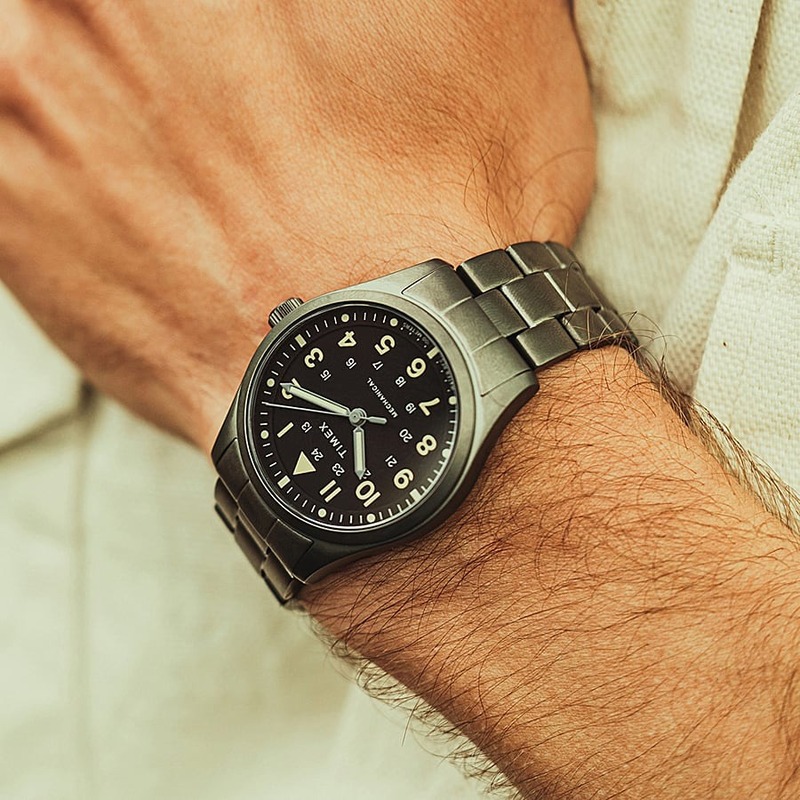
Types of Small Mechanical Watches
When exploring the realm of small mechanical watches, it’s essential to understand the various types available. Here are some popular categories that will guide your selection:
Small Automatic Watches
Automatic watches utilize the natural motion of the wearer to wind the mainspring. This means they harness kinetic energy, making them incredibly convenient. As long as you wear your automatic watch regularly, you will not need to wind it manually. The small size of these watches makes them particularly appealing for daily wear. They are perfect for those who prefer a hassle-free experience without sacrificing style.
Manual Winding Watches
Manual winding watches, as the name suggests, require the user to wind them periodically. This process involves turning the crown to tighten the mainspring. While this may seem cumbersome, many enthusiasts appreciate the involvement it requires. The ritual of winding a manual watch can enhance the user’s connection to the timepiece. Additionally, manual winding watches often have a thinner profile, making them a fantastic option for those who prefer a slimmer look on the wrist.
Vintage vs. Modern Small Mechanical Watches
The landscape of small mechanical watches is enriched by both vintage and modern styles. Vintage watches have unique characteristics that reflect the era in which they were created. They often exhibit exceptional craftsmanship, which many collectors cherish. On the other hand, modern small mechanical watches incorporate advanced technology without compromising on design. These watches often feature enhanced durability and water resistance, making them practical for everyday use.
Understanding these different types will help you choose the right small mechanical watch that fits your lifestyle and preference.
Advantages of Mechanical Watches
Choosing a small mechanical watch carries several advantages over other types of timepieces, particularly quartz watches. Here are key benefits that highlight why mechanical watches are such a coveted choice:
Craftsmanship and Artistry
Mechanical watches are marvels of engineering, showcasing meticulous craftsmanship. Each watch contains intricate components that harmonize to keep time accurately. Many watchmakers employ traditional techniques that have been perfected over generations. This level of craftsmanship contributes to the beauty and uniqueness of each piece.
Longevity and Durability
Mechanical watches are known for their durability. When properly maintained, they can last for decades or even generations. Unlike quartz watches, which may need battery replacements, mechanical watches can be serviced and repaired, offering longevity. This durability often makes them an heirloom, passed down through families.
Environmental Considerations
A significant advantage of small mechanical watches is their environmentally friendly nature. Since they operate without batteries, these watches reduce electronic waste. Investing in a mechanical watch means promoting sustainable practices in the fashion industry while embracing a timeless accessory.
By understanding these benefits, watch enthusiasts and everyday wearers can appreciate the allure of small mechanical watches even more.
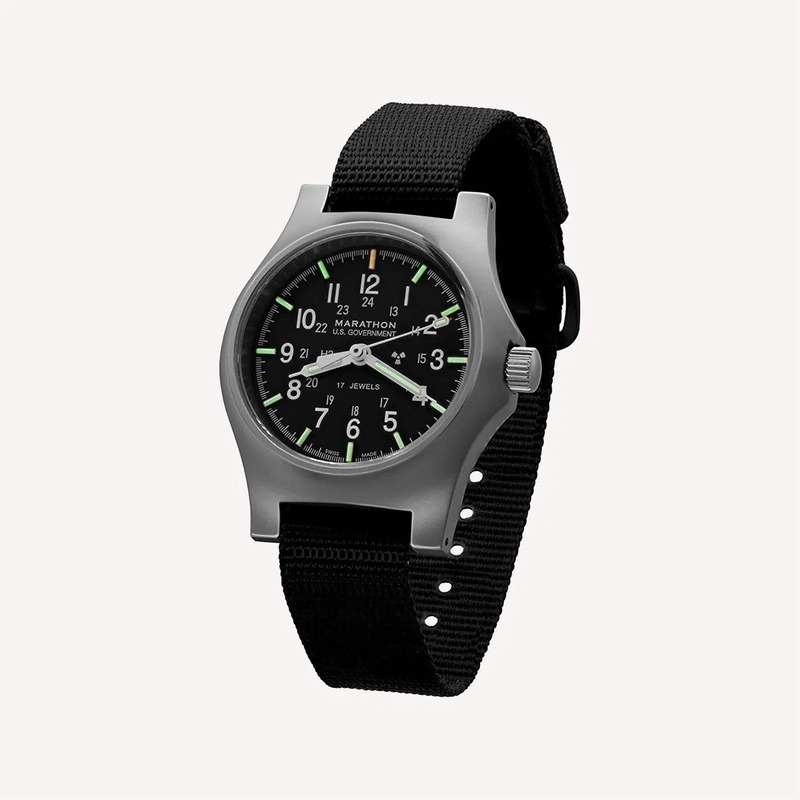
Tips for Buying a Small Mechanical Watch
When considering the purchase of a small mechanical watch, it’s vital to do research and know what to look for. Here are several tips to guide you:
Research Reputable Brands
Before making a purchase, research brands known for creating quality mechanical watches. Look for established watchmakers with a history of craftsmanship. Brands such as Rolex, Patek Philippe, and Seiko are renowned for their quality. These reputable brands often offer warranties and customer support, enhancing your buying experience.
Determining the Right Size and Fit
Finding the correct size is critical to ensure comfort and wearability. Measure your wrist before shopping and consider trying on watches in-store if possible. Small mechanical watches typically come in various sizes, so select one that feels comfortable on your wrist and complements your style.
Understanding Different Features
Small mechanical watches come with various features that can enhance their functionality. Some key features to consider include water resistance, date displays, and power reserve indicators. Understanding these features will help you select a watch that meets your specific needs.
Budget Considerations
Set a budget before you start shopping. Mechanical watches can range from affordable options to luxury pieces. Identify a price range that works for you, and explore options within that range. Various independent and smaller brands also offer excellent choices at competitive prices.
Care and Maintenance of Mechanical Watches
To keep your small mechanical watch functioning optimally, proper care and maintenance are essential. Here are some important tips to remember:
Regular Servicing Intervals
Most watchmakers recommend servicing mechanical watches every 3 to 5 years. During this service, a professional will clean the movement, lubricate the parts, and replace any worn components. Regular servicing helps to maintain accuracy and extends the life of your timepiece.
Proper Storage Techniques
When not in use, store your small mechanical watch correctly to preserve its condition. Keep it in a watch box or a soft pouch to prevent scratches. Avoid exposing the watch to extreme temperatures or humidity, as these factors can damage the movement and exterior.
Cleaning Tips for Different Materials
Caring for the exterior of your watch is just as important. For metal bands, a soft cloth can remove dirt and sweat. For leather straps, use a leather conditioner to maintain its quality and prevent cracking. Ensure you follow the manufacturer’s instructions regarding cleaning to avoid damaging any finishes.
In conclusion, understanding these maintenance practices will ensure your mechanical watch remains a reliable and stylish accessory for years to come.
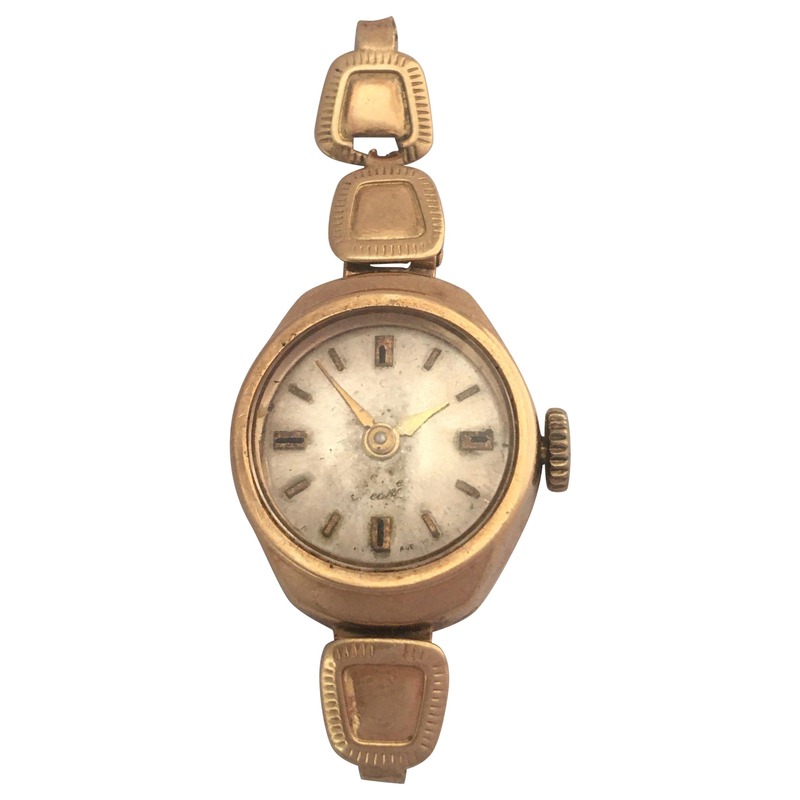
Conclusion: Timeless Elegance in Small Mechanical Watches
In summary, a small mechanical watch is more than just a means of telling time; it is a statement piece that reflects individual style and appreciation for craftsmanship. With various types, advantages, and care tips to consider, these watches stand out in fashion and function.
Embracing the charm of small mechanical watches can enhance your collection or daily wear wardrobe. Whether you select a classic vintage piece or a modern automatic model, the right watch will serve as a testament to style and sophistication. Consider investing in a quality timepiece today, and enjoy the timeless elegance that comes with it.
